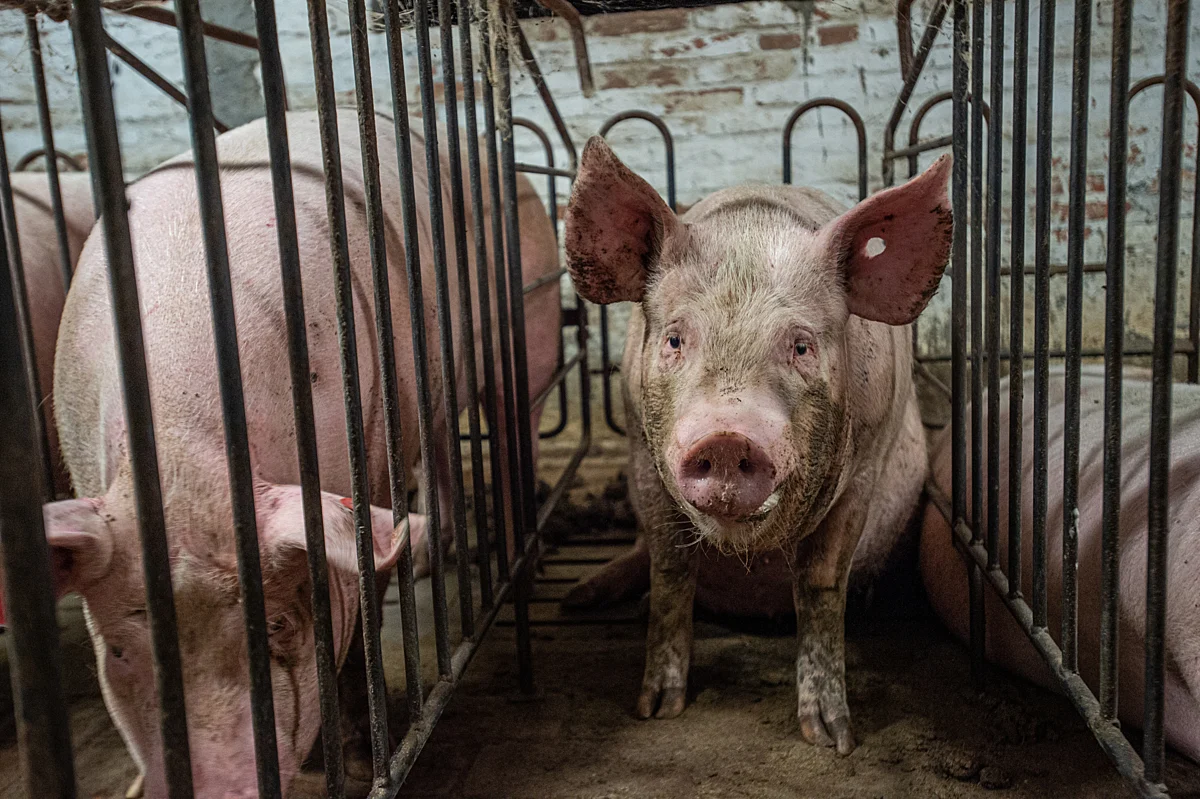Yesterday the European Parliament’s AGRI Committee voted for the proposed “Regulation on the welfare of dogs and cats and their traceability” by 35 to 2, approving legislation that, for the first time in the history of EU law, will establish animal welfare standards for breeders and sellers of cats and dogs, mandate microchipping and registration as part of the sales process, and strengthen regulations to reduce the risks of illegal trafficking.
Members of the European Parliament used the opportunity to add some crucial amendments to strengthen the proposed law. While the European Commission’s proposal said that all dogs and cats held by breeders, sellers and shelters, or offered for sale or donation online, must be individually identifiable with a microchip, the voting MEPs added that identification numbers of these microchips, along with information about the corresponding national database, should be stored in a single index database operated by the Commission.
The MEPs also want to extend the rules to cover not only imports for commercial purposes but also non-commercial movements, meaning that they would cover dogs and cats that enter the EU as non-commercial pets but which may later be sold in the EU.
The proposal said that close family breeding must be prohibited, and that puppies and kittens may not be separated from their mothers until they are at least eight weeks old unless there is a specific veterinary justification. To prevent exploitation, the regulation caps the number of litters per female and introduces mandatory rest periods between pregnancies. To this, MEPs added a ban on the breeding of dogs or cats that have excessive conformational traits leading to a high risk of detrimental effects on their welfare.
However, the rules still do not quite meet the standards that we’ve been asking for, which are (1) the mandatory identification and registration of all cats and dogs before they’re sold; and (2) the rules to apply to all cats and dogs, with no exemption.
In the approved text, the rules do not apply to private dog and cat owners who place a litter on the market less frequently than every 18 months. The regulation does not apply to dogs on farms; and it does not ensure that dogs and cats owned by farmers and “small” breeders have the same living conditions as other animals.
Finally, it only goes halfway towards ensuring animal and seller traceability in online sales, the main route through which animals are illegally sold today.
“The rules we ultimately wanted from this legislation are not just necessary; they are a reflection of the values that the EU holds dear—compassion, responsibility, and respect for all living beings,” says Gabriela Kubíková, Policy Advisor at the European Institute for Animal Law & Policy. “They are the mandatory microchipping and registration of all cats and dogs across the Union; but the new regulation calls for the mandatory registration only of cats and dogs who are sold by commercial breeders and sellers, including online sales. We also want national databases of registered cats and dogs to be made interoperable, ensuring their effectiveness in prosecuting traffickers but also finding a pet lost in a country other than the one where it was registered. Finally, the EU must mandate minimum criminal penalties for those who violate these critical welfare standards, sending a strong message that animal cruelty will not be tolerated.”
In any case, this legislation recognizes the human-animal bond, the uniqueness of animal life, and the species-specific needs of companion animals. Until now EU legislation had only dealt with companion animals as vectors of disease in animal health regulations or as commodities in transport legislation, rather than as sentient beings whose existence carries an ethical component.
The report is now tabled for a vote in the Parliament’s plenary, which is expected to take place on 19th June.




